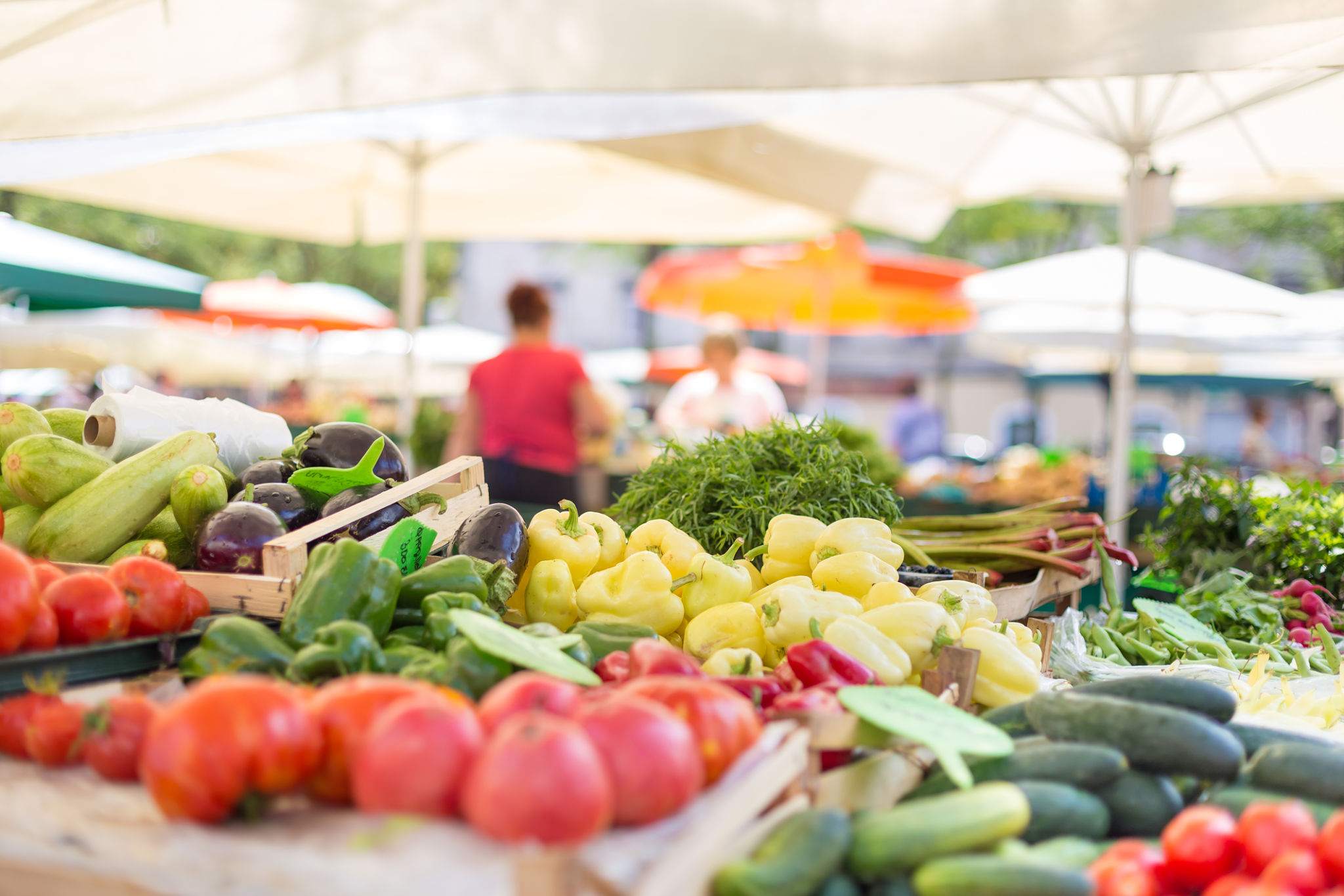The Benefits of Organic Olive Farming: A Sustainable Approach
Understanding Organic Olive Farming
Organic olive farming is a method that emphasizes the use of natural processes and materials to cultivate olives, eschewing synthetic fertilizers and pesticides. This sustainable approach not only benefits the environment but also enhances the quality of the olives produced. As consumers become more conscious of the environmental impact of their choices, organic farming has seen a rise in popularity.
This method of farming focuses on maintaining soil health, optimizing water usage, and promoting biodiversity. By using natural compost and manure, farmers can enrich the soil, leading to healthier olive trees and more robust crops. The absence of chemical inputs means that the ecosystem remains balanced, supporting a diverse range of flora and fauna.

Environmental Benefits
Organic olive farming significantly reduces the carbon footprint associated with conventional agricultural practices. Without relying on synthetic fertilizers and pesticides, there is less chemical runoff into water sources, preserving aquatic life and water quality. This approach also encourages the use of renewable energy sources and sustainable farming practices, such as crop rotation and cover cropping.
Moreover, organic farms often serve as a refuge for wildlife, providing habitat and food sources for various species. By maintaining natural vegetation buffers around olive groves, farmers can enhance biodiversity and improve ecosystem services such as pollination and pest control.

Healthier Olive Products
One of the most compelling reasons to choose organic olive products is their health benefits. Studies have shown that organically grown olives contain higher levels of antioxidants and essential nutrients compared to their conventionally grown counterparts. These nutrients are crucial for promoting heart health, reducing inflammation, and supporting overall well-being.
The absence of chemical residues in organic olives also means that consumers can enjoy these products with peace of mind, knowing that they are free from harmful substances. For those who prioritize health and wellness, organic olive oil and other olive-based products are excellent additions to a balanced diet.

Economic Advantages for Farmers
While transitioning to organic farming can require an initial investment, it offers long-term economic benefits for farmers. Organic products often command higher prices in the market due to their perceived quality and health benefits, allowing farmers to achieve better profit margins.
Additionally, organic farming practices can reduce the need for expensive chemical inputs, lowering overall production costs. As consumer demand for organic products continues to grow, farmers who adopt these practices are well-positioned to capitalize on this expanding market.

Challenges and Considerations
Despite its many advantages, organic olive farming is not without its challenges. Farmers must be diligent in managing pests and diseases without the use of chemical pesticides. This requires a deep understanding of natural pest control methods and careful monitoring of crop health.
Moreover, organic certification processes can be rigorous and time-consuming. Farmers need to adhere to strict guidelines and undergo regular inspections to maintain their certification status. However, many find that the benefits of organic farming far outweigh the challenges, leading to a more sustainable and rewarding agricultural practice.